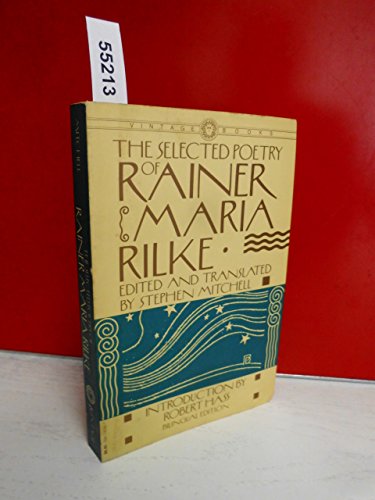
The various attitudes which have already been taken up towards Rilke’s poetry can be shown from a brief glance at the last three decades. Hence the task of interpreting the Elegies necessarily involves us in another task which cannot be dismissed lightly-that of defining our attitude to their content. It reflects hopes and fears, experiences of Good and Evil, and inner searchings which are very much with us today. Rilke’s work is highly relevant to modern Man. This message requires careful exposition. We must also bear in mind the fact that his picture of life was colored, to a far greater extent than is at first apparent, by his interest in the occult.įinally, with regard to the content of the Elegies, Rilke confidently claims that they contain a message which is profound, new and metaphysical or, to be more precise, religious. Rilke’s “Angels” only take on their full meaning if we can conceive of beings who are “numinous” without being “absolute.” Rilke’s conception of love and death, which he himself regarded as a fundamental part of his message in the Elegies, is quite remote from more normal notions of these things. Underlying the Eighth Elegy, for instance, there is an experience of life which is bound to be unfamiliar to the majority of readers. To some extent, they were different in kind. The experiences which inspired them were not only more profound and subtle than those which generally fall to our lot. One other feature of the Elegies calls for mention. No interpretation of these prophetic utterances can claim to be final and authoritative. Whereas his Book of Hours can readily be understood from the tradition of the past, other works, notably the Elegies, refer to the prospects and perils of the future. This same poet who had things of such importance to say about the end of our own age was also a prophet of things to come.


It is a work which conveys some idea at least of the complexity, and also the constant vulnerability of Rilke’s inner life. But Rilke’s “Letter to a Young Girl” and his comments to his French translator show clearly the importance of the Notebook for a proper understanding of his personality. We do not need to read his Notebook of Malte Laurids Brigge as autobiography.

His life was full of undercurrents, inner tensions and hidden depths. Rainer Maria Rilke’s intellectual and spiritual horizon was broad. These poems express the experiences and ideas of perhaps the most sensitive and subtle German poet of modern times.

The task of interpreting the Duino Elegies is not an easy one. The beginning of terror, that we are still able to bear,Īnd we revere it so, because it calmly disdainsĪnd so I hold myself back and swallow the cryĪnd the resourceful creatures see clearly Take me to its heart, I would vanish into its Who, if I cried out, would hear me among the Angelic


 0 kommentar(er)
0 kommentar(er)
